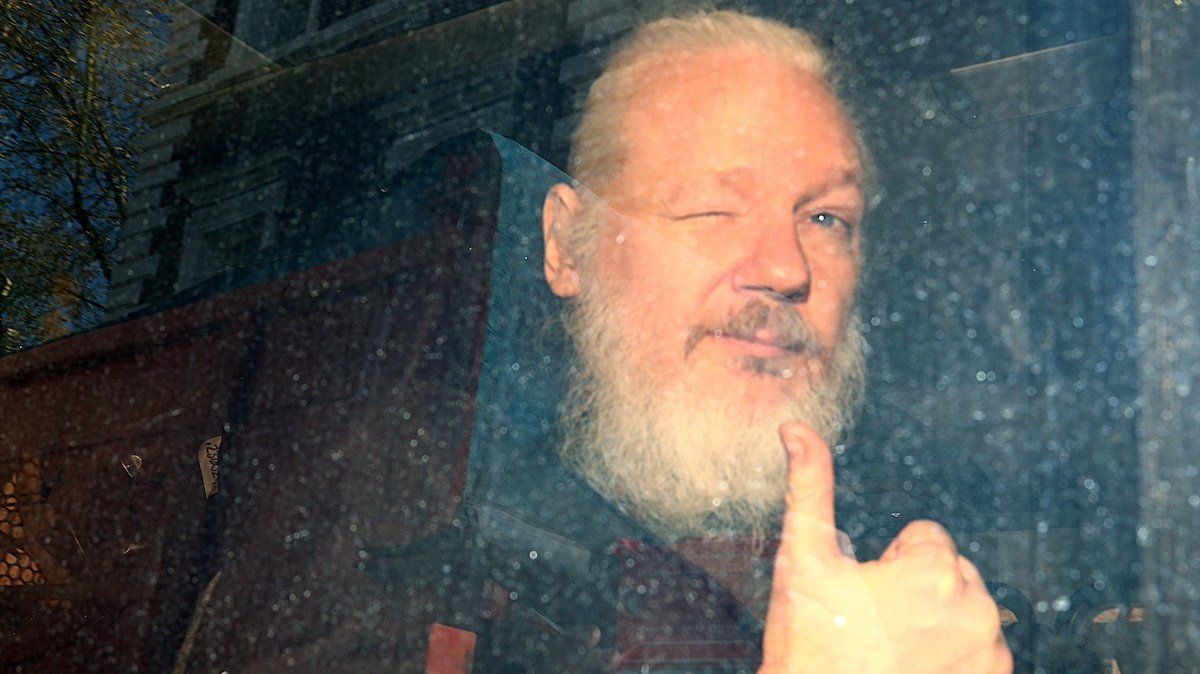The legal saga of WikiLeaks founder Julian Assange neared its end Monday as Britain's High Court considered his final appeal of a U.S. extradition request.
Facing 17 espionage charges and one for computer misuse over the 2010 publication of classified war documents, the Australian native asserts he acted as a journalist and is protected by the First Amendment. His supporters, including members of the Australian Parliament, have called for his release on legal and humanitarian grounds.
Why has this case dragged on so long? In 2012, Assange sought sanctuary in Ecuador's London embassy to avoid extradition to Sweden on rape charges. In 2019, Ecuador revoked asylum, and UK authorities detained Assange in Belmarsh Prison for bail evasion. While Sweden retracted its sex crimes accusations, the US filed espionage charges in 2019 and sought Assange’s extradition — a move he has resisted, citing suicide risks and declining health.
If convicted, the 52-year-old Assange faces a possible 175-year sentence, though American officials claim the figure would be much lower. Assange’s spouse Stella argues the case is a political witch hunt, asserting, “If he’s extradited, he will die.”
What’s next? The UK court will hear the case for two days. If it greenlights extradition, Assange’s legal team may try to get an emergency injunction from the European Court of Human Rights.


















